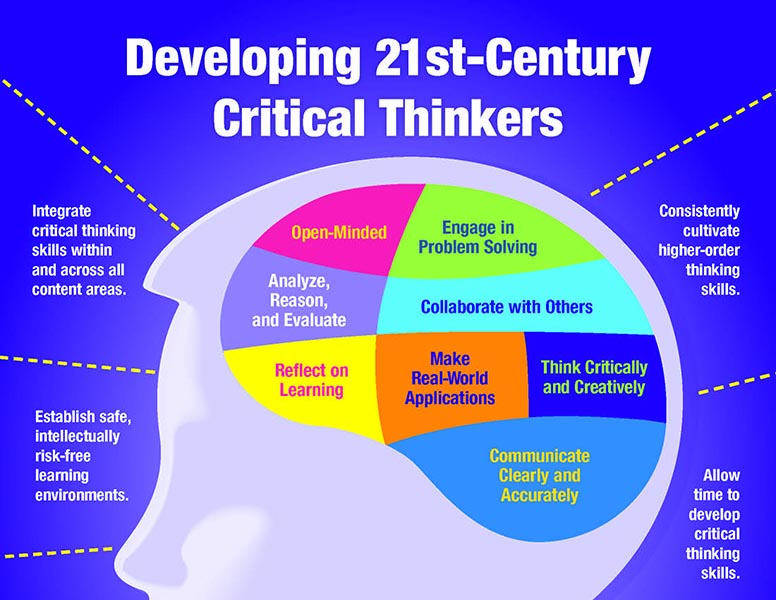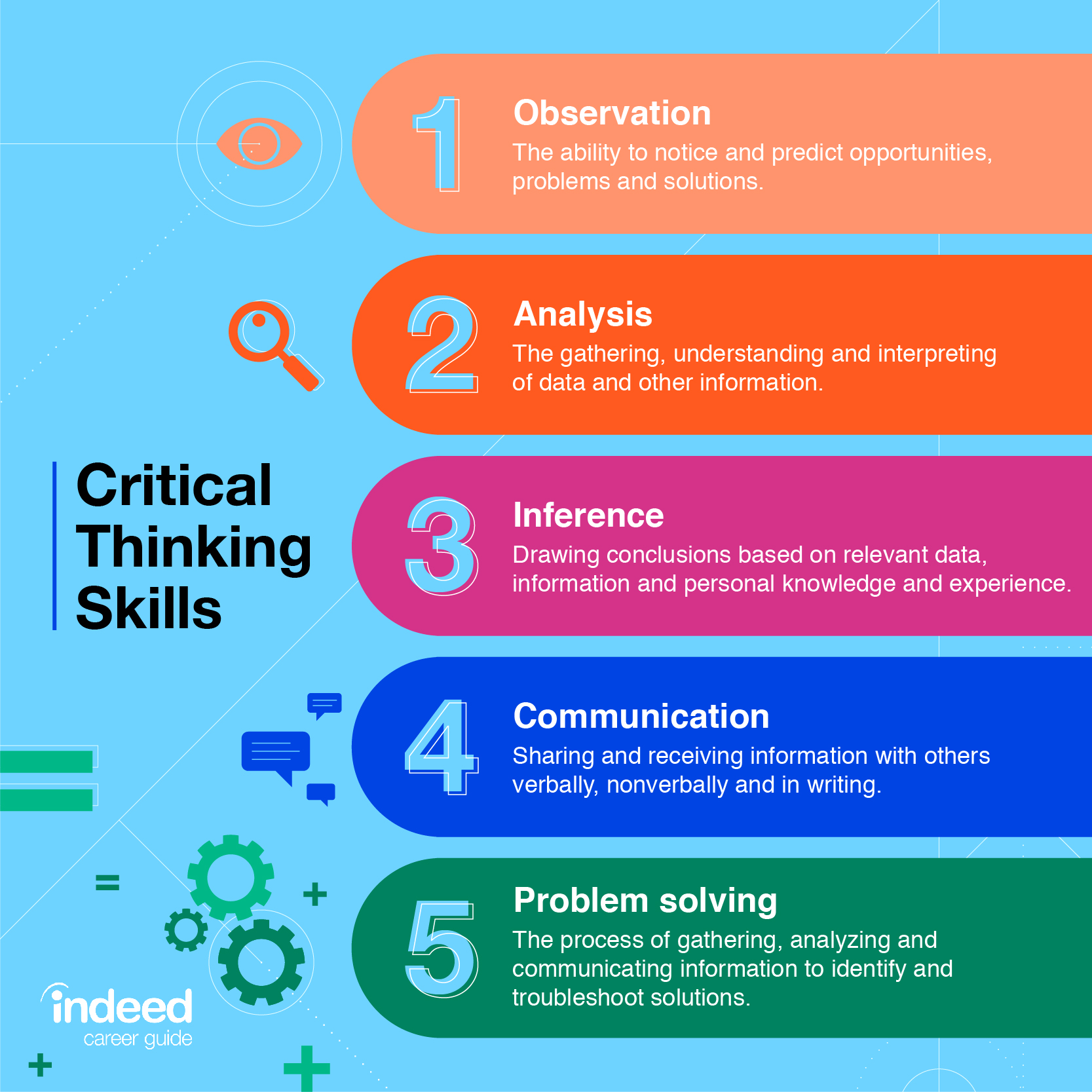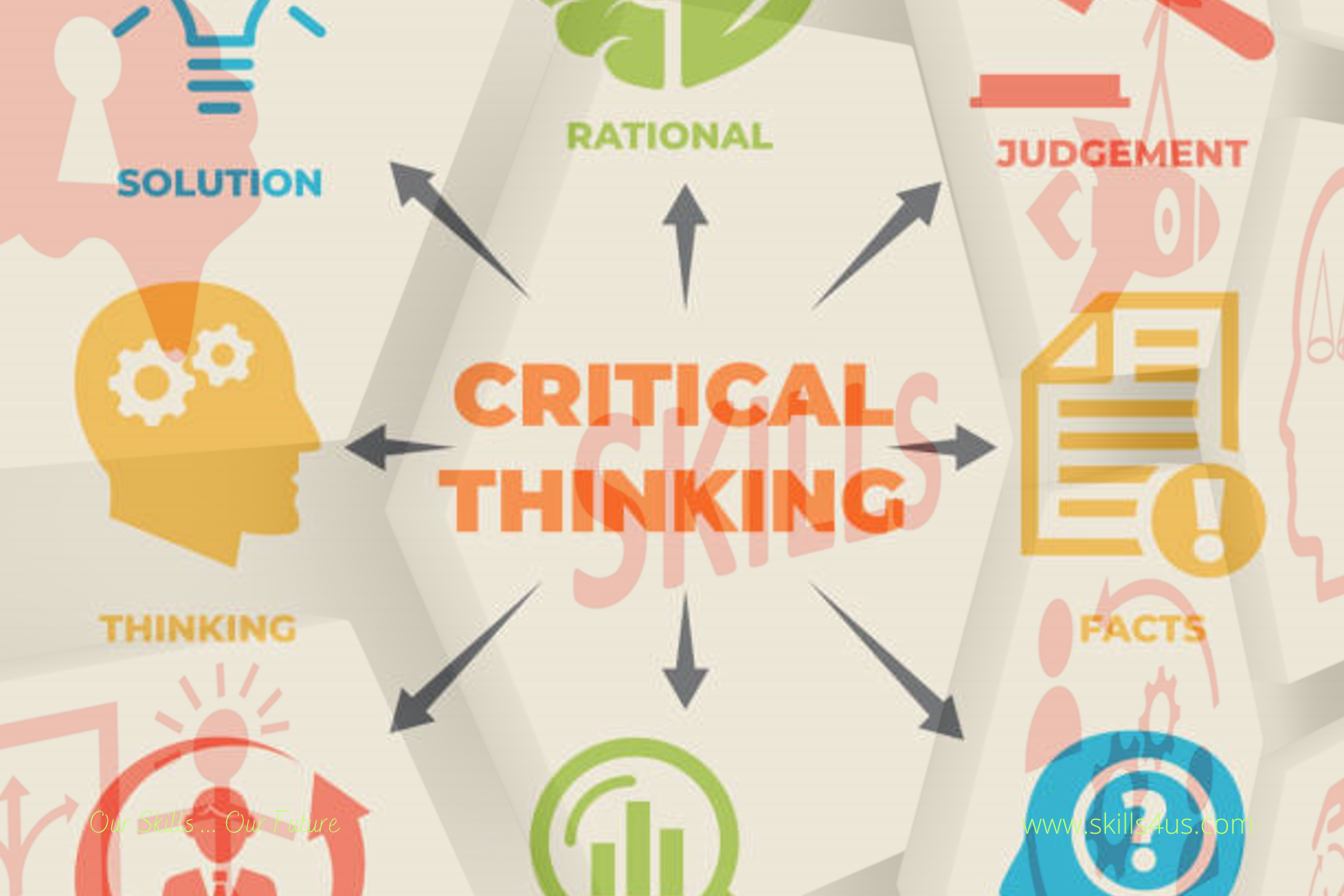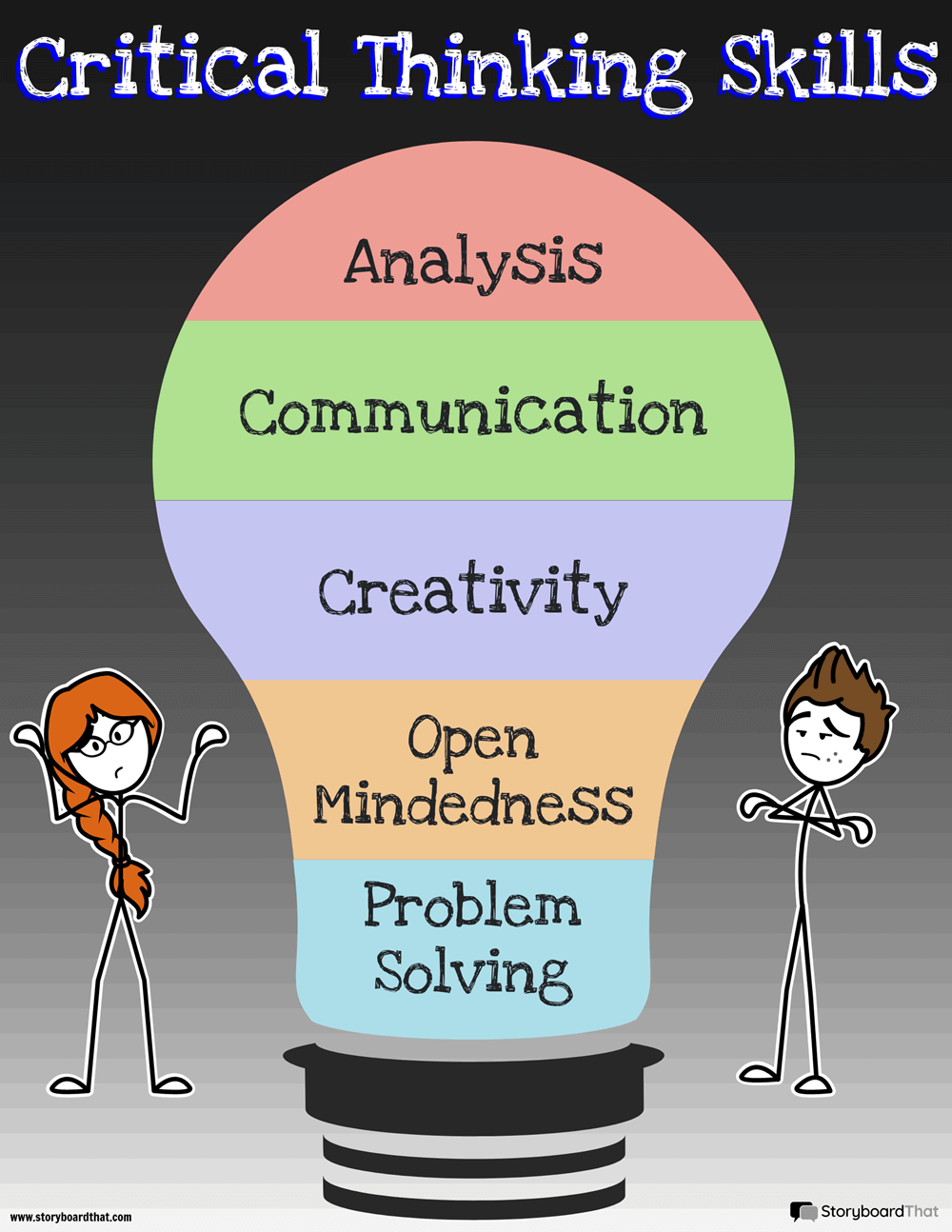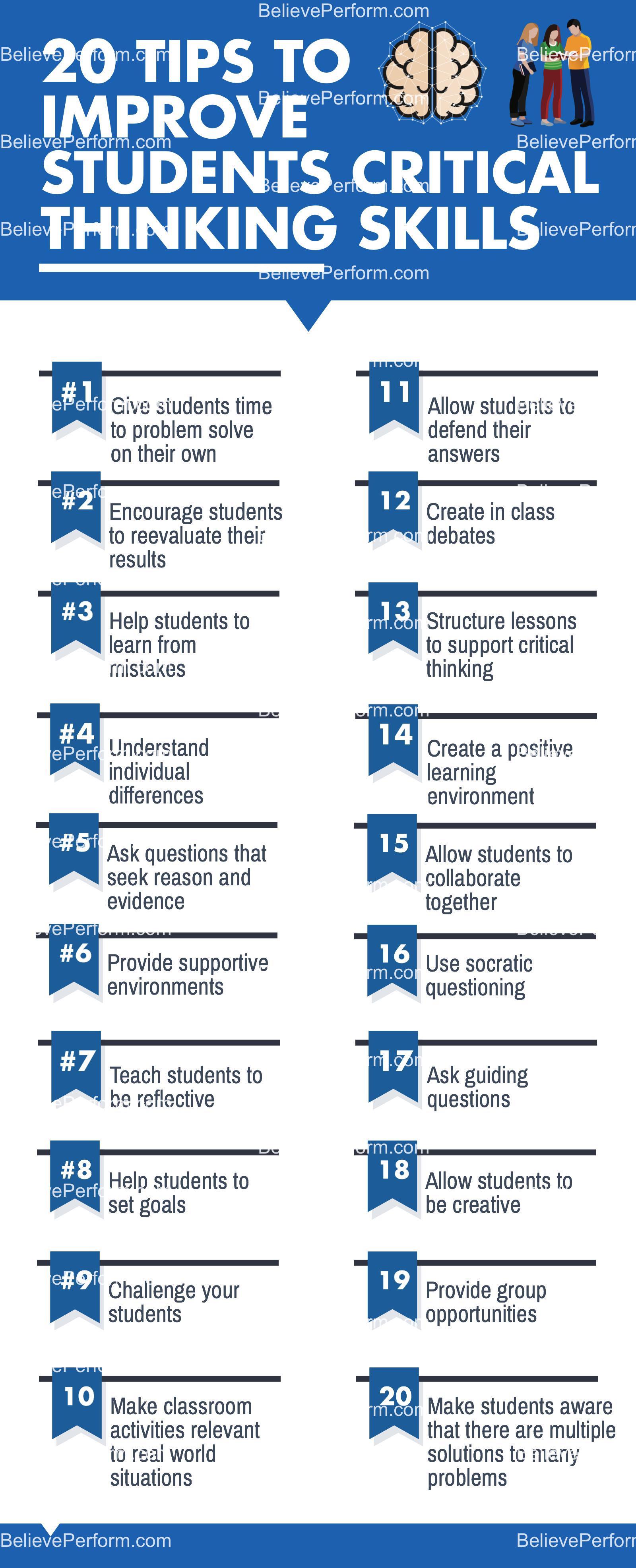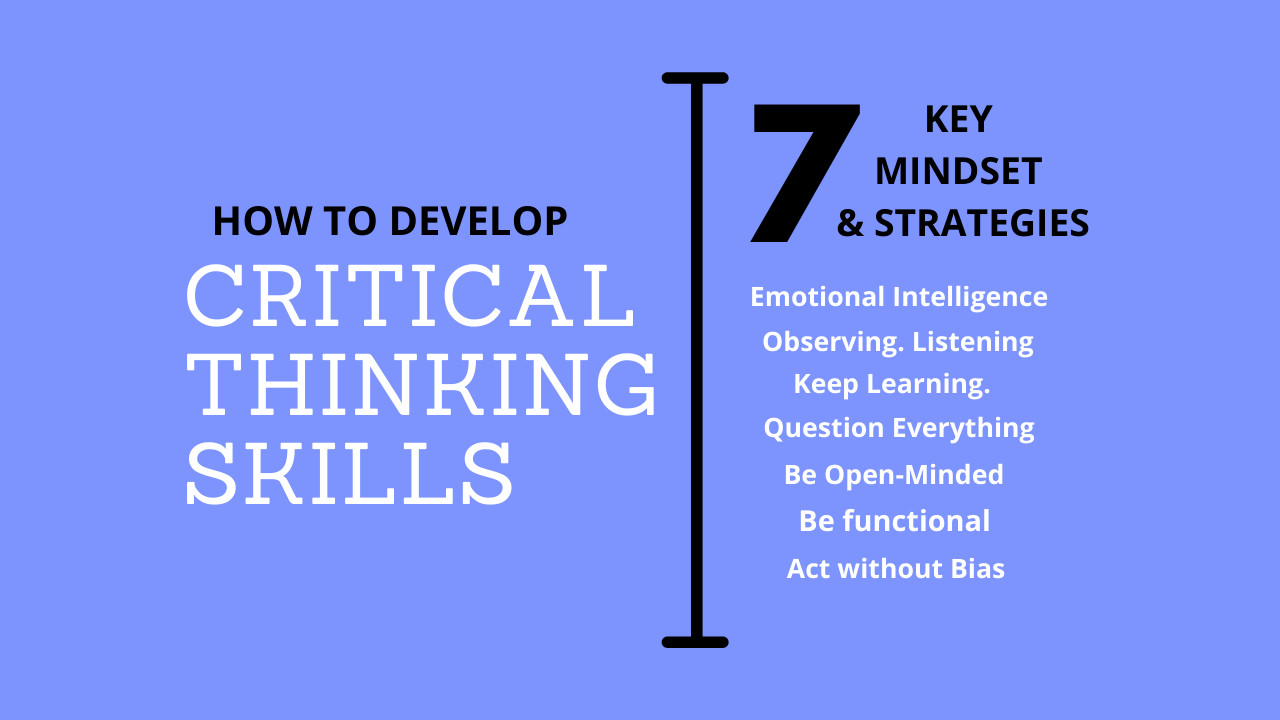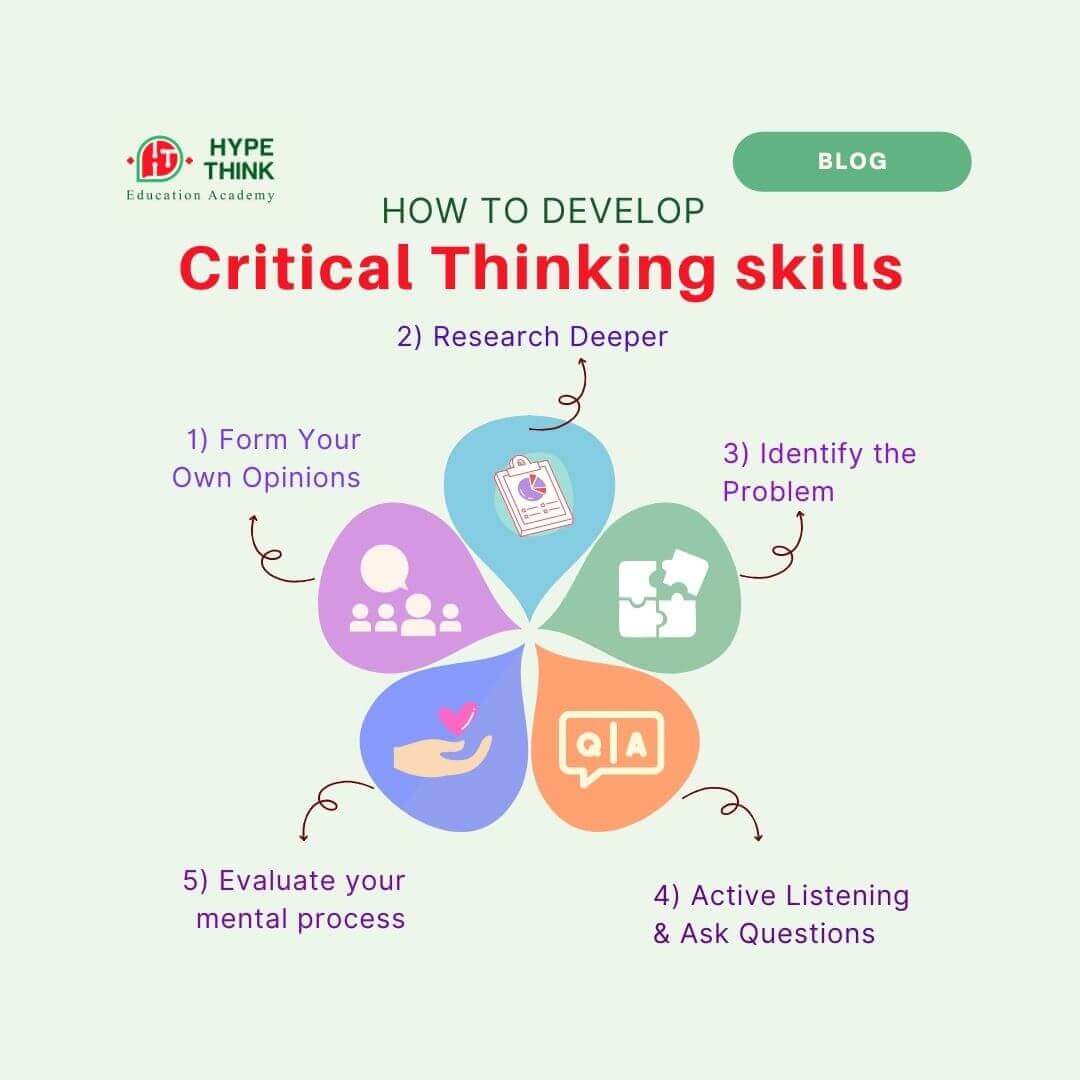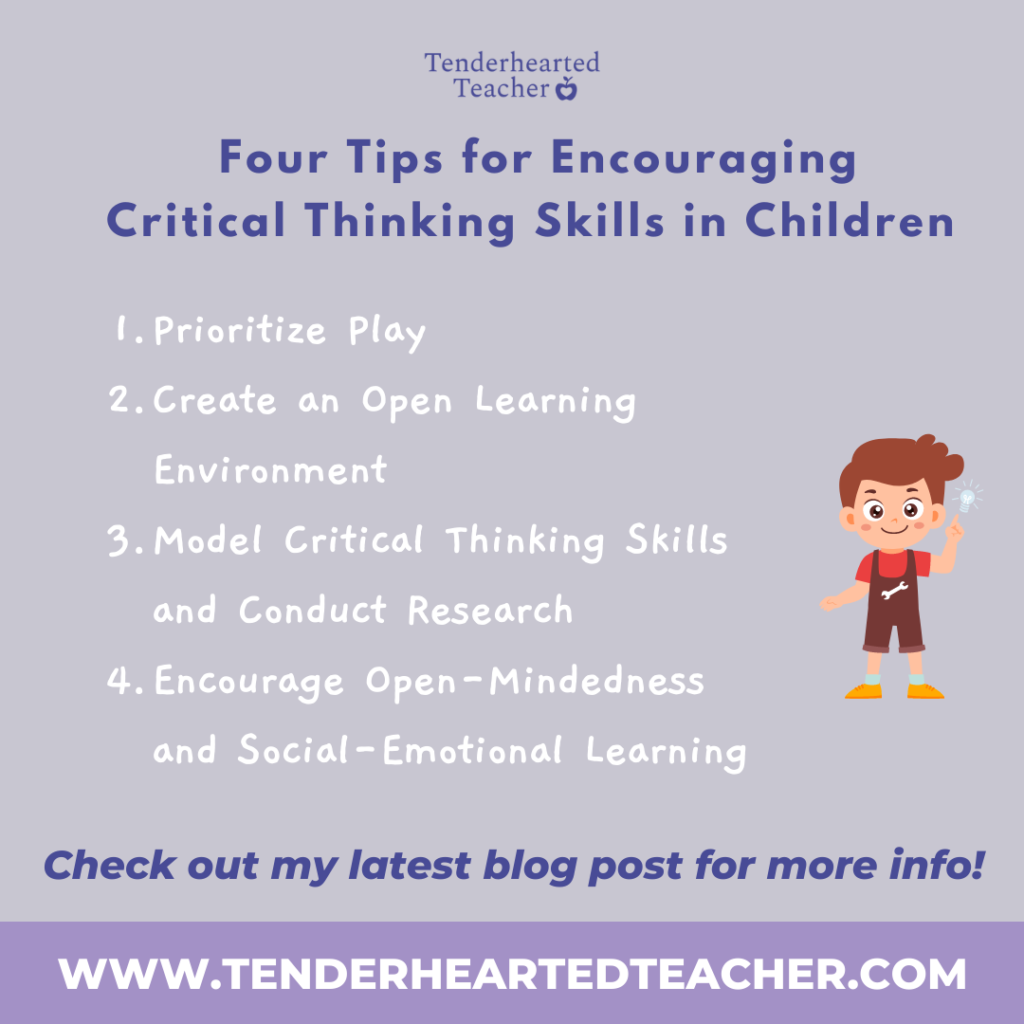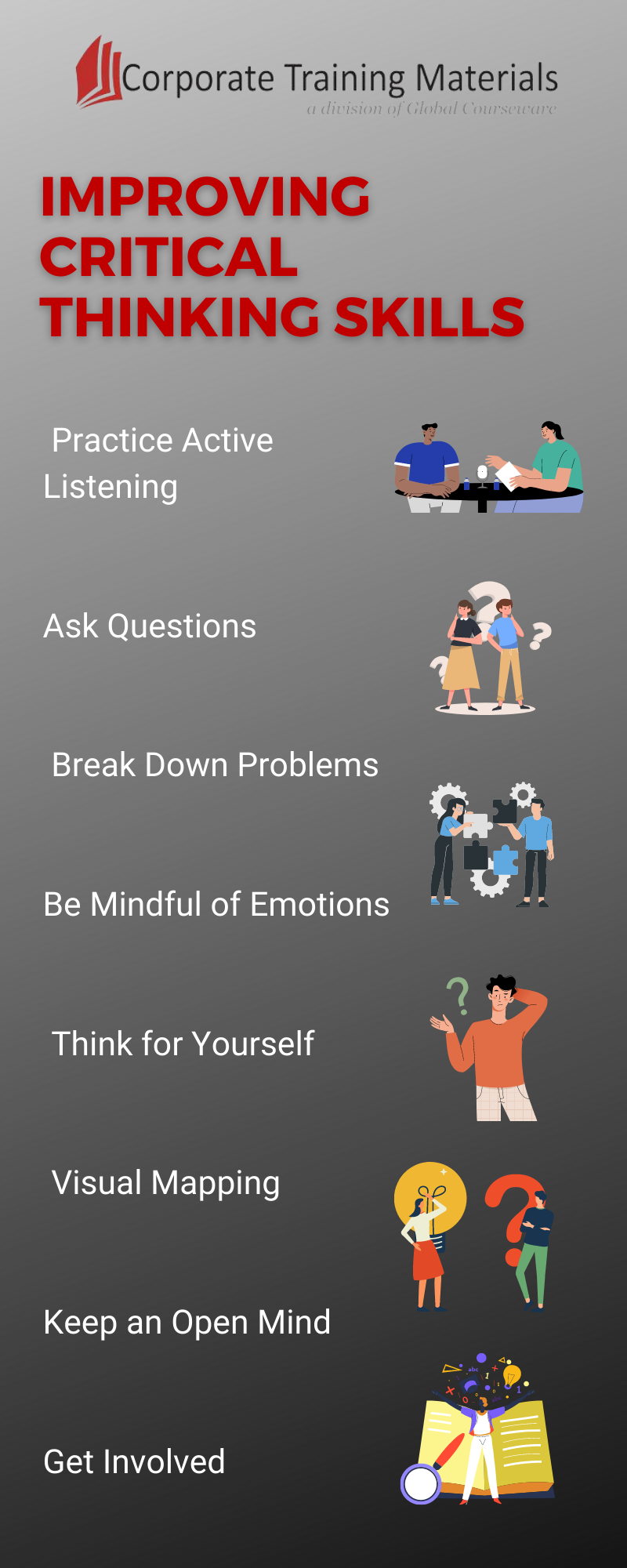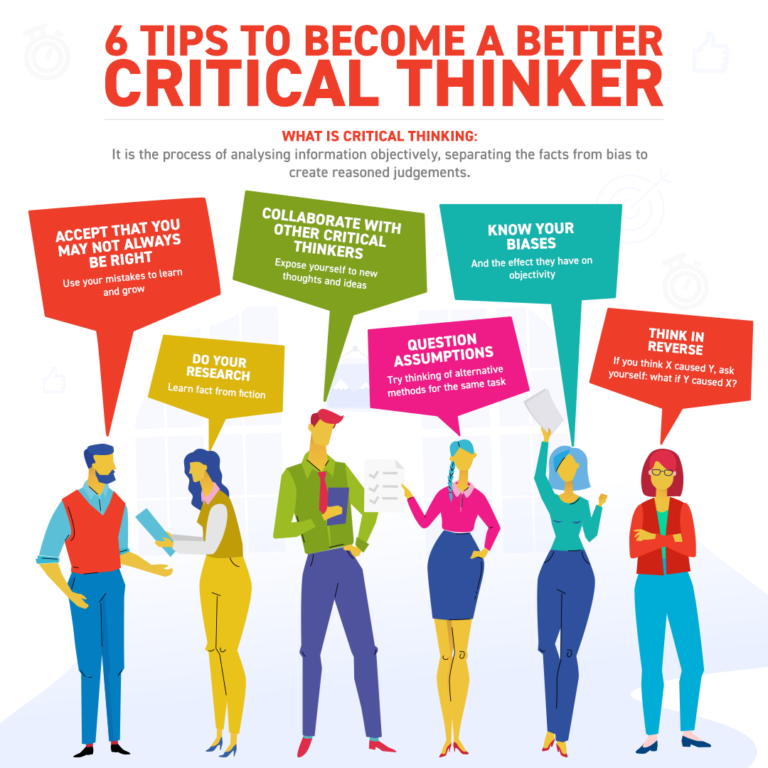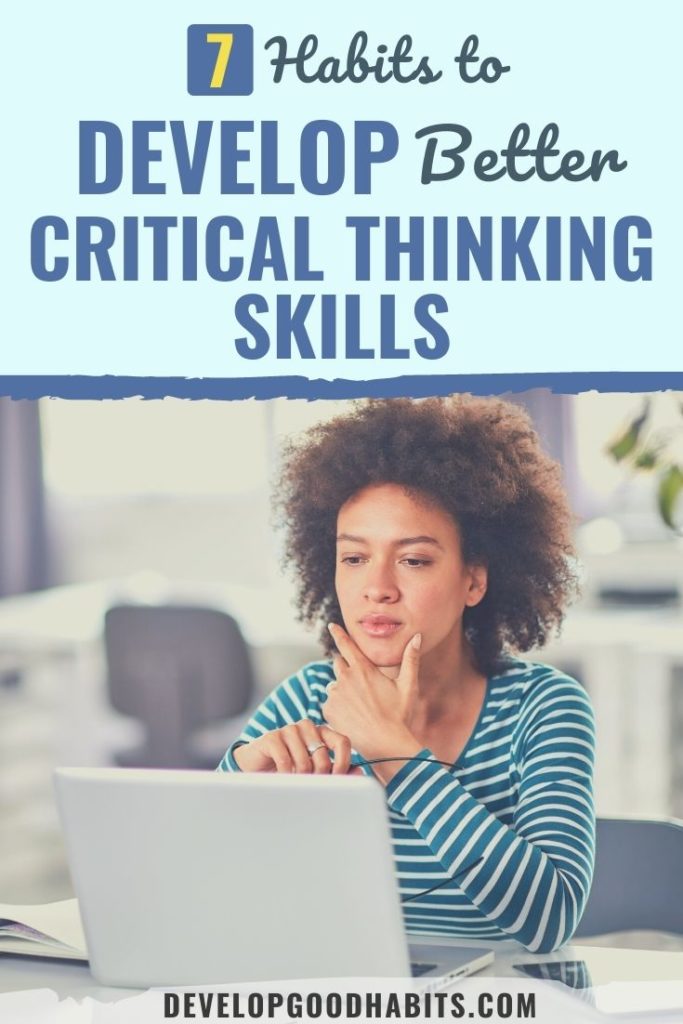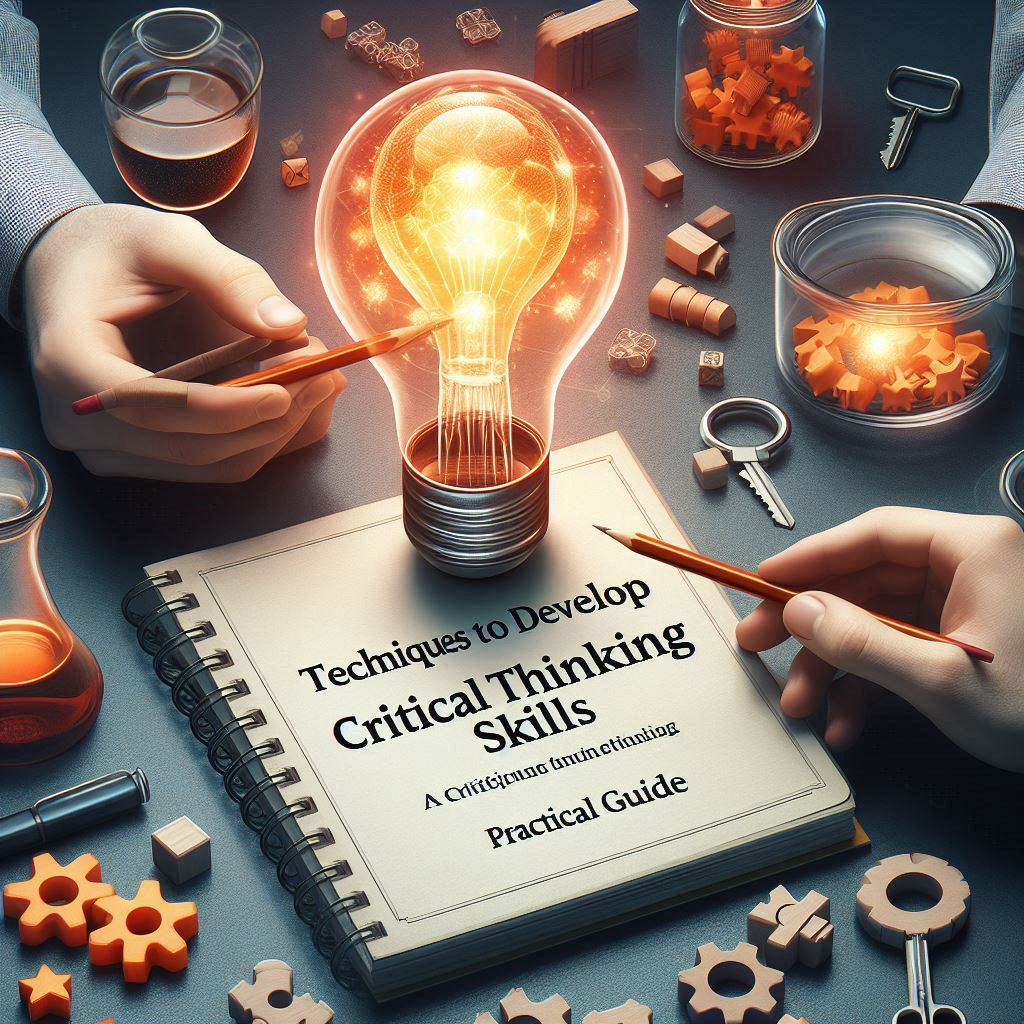How To Develop Critical Thinking Skills

Imagine yourself sitting around a crackling campfire, the stars blazing above. Someone shares a captivating story, and everyone nods along, completely mesmerized. But you, you find yourself subtly questioning the details, considering alternative perspectives, and forming your own informed opinion. This isn't about being difficult; it's about critical thinking, a skill more valuable than ever in our information-saturated world.
Developing strong critical thinking skills empowers you to navigate complexities, make sound decisions, and become a more informed and engaged citizen. It's not an innate talent, but a muscle that can be strengthened through consistent practice and mindful effort.
What Exactly is Critical Thinking?
Critical thinking is more than just being skeptical; it's about actively analyzing information, evaluating evidence, and forming your own judgments. According to the Foundation for Critical Thinking, it involves disciplined thinking that is clear, rational, open-minded, and informed by evidence. It's a process of actively and skillfully conceptualizing, applying, analyzing, synthesizing, and/or evaluating information gathered from, or generated by, observation, experience, reflection, reasoning, or communication, as a guide to belief and action.
In essence, it's about moving beyond passively accepting information and engaging with it in a thoughtful and deliberate way.
Why is it Important Now?
In an era of 24/7 news cycles, social media echo chambers, and rampant misinformation, critical thinking is essential for discerning truth from falsehood. A recent study by the Pew Research Center highlights the challenges individuals face in distinguishing between factual and opinion-based statements. The ability to think critically helps us avoid falling prey to biases, propaganda, and manipulative tactics.
It’s also highly valued in the workplace, where problem-solving, decision-making, and innovative thinking are in high demand.
Practical Steps to Sharpen Your Mind
Ask Questions (And Lots of Them)
Curiosity is the engine of critical thinking. Don't be afraid to ask "why?" and "how?" to delve deeper into the subject matter. Question the assumptions, the premises, and the conclusions presented to you.
Consider the source: Who is providing this information, and what might be their biases or motivations?
Evaluate Evidence Carefully
Look for credible sources and reliable data to support claims. Be wary of anecdotal evidence, personal opinions presented as facts, and emotionally charged language. Check multiple sources and compare different perspectives.
Pay attention to the methodology used in studies or research: Was it conducted rigorously and objectively?
Recognize and Challenge Your Own Biases
We all have biases, both conscious and unconscious, that can influence our thinking. Acknowledge your own biases and be willing to challenge them when presented with new information. Seek out diverse perspectives and engage with people who hold different beliefs than you do.
Self-awareness is a crucial component of critical thinking.
Practice Active Listening and Empathetic Understanding
Before forming an opinion, make a genuine effort to understand the other person's perspective. Listen attentively to their arguments and try to see the situation from their point of view. Even if you ultimately disagree, understanding their reasoning can broaden your own understanding.
Empathy can help you identify potential flaws in your own thinking.
Engage in Intellectual Exercises
There are many ways to sharpen your critical thinking skills through deliberate practice. Try activities like solving puzzles, playing strategy games, reading challenging books, or participating in debates. Engaging in philosophical discussions can also be highly beneficial.
These exercises help develop your reasoning and problem-solving abilities.
Be Open to Changing Your Mind
Critical thinking is not about being right all the time; it's about being open to learning and evolving your perspective. Be willing to revise your beliefs when presented with compelling evidence or a more persuasive argument. Embrace intellectual humility and acknowledge that you don't have all the answers.
This flexibility is a sign of intellectual strength, not weakness.
A Lifelong Journey
Developing critical thinking skills is a lifelong journey, not a destination. It requires continuous effort, self-reflection, and a commitment to intellectual honesty. By embracing these principles, you can empower yourself to become a more informed, discerning, and effective thinker.
So, the next time you find yourself around that metaphorical campfire, remember to engage your critical thinking skills. Question, analyze, evaluate, and form your own informed opinion. The world needs more thoughtful and discerning individuals like you.
